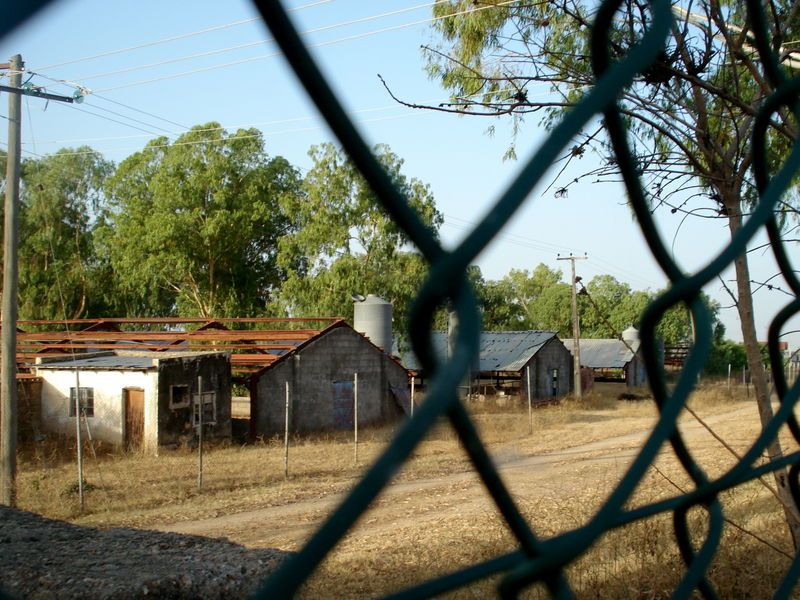I arrive in Nigeria with news that hundreds of people have been killed in the town of Jos as a result of fighting between Muslims and Christians. There hasn't been a major outbreak of so-called "religious violence" in Nigeria for years and it was looking like a problem of the past. But the violence has always come as somewhat of a surprise and a mystery.
When I was in Jos earlier in the year I had seen how hard religious and ethnic leaders had worked to mend divisions and change ways people thought of each other.
What has undoubtedly continued, however, is that Muslim nomadic cattle herders mostly from the Fulani ethnic group have moved south because of desertification in the north into the more fertile Middle Belt around Jos increasing competition for land there with the mostly Christian crop farmers.
Even so, the latest fighting has been in urban areas. It comes on the heels of local elections in which, as often happens in Nigeria, the results are suspected of being fraudulent. Moreover observers say
political leaders had been whipping up tensions between their supporters for months. Muslims in Jos tend to support the opposition All Nigerian Peoples Party (ANPP) while Christians mostly support theruling People's Democratic Party (PDP).
This political division has had little to do with people's religious beliefs and more to do with the peculiar way in which the Nigerian state has two classes of citizens in any particular part of the country. One group of citizens are considered "indigenous" and get preferential treatment while the other group are considered "settlers". In Jos the populations who are Hausa, Fulani and other northern Muslim ethnic groups are the settlers even though many have lived in Jos for generations and consider much of the Middle Belt to be part of their homeland .
Now observers, especially journalists, are looking out for violence elsewhere in NIgeria, notably in the home towns of the victims where funerals have typically ignited retaliatory violence.
